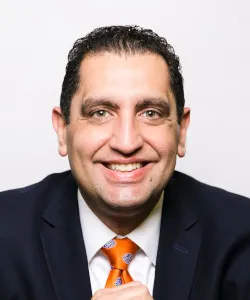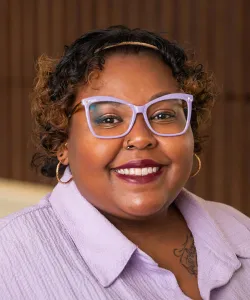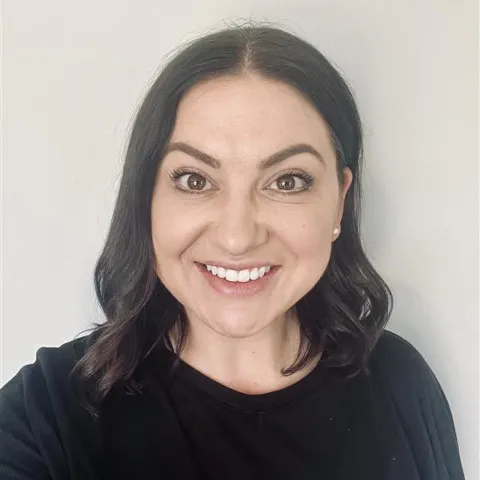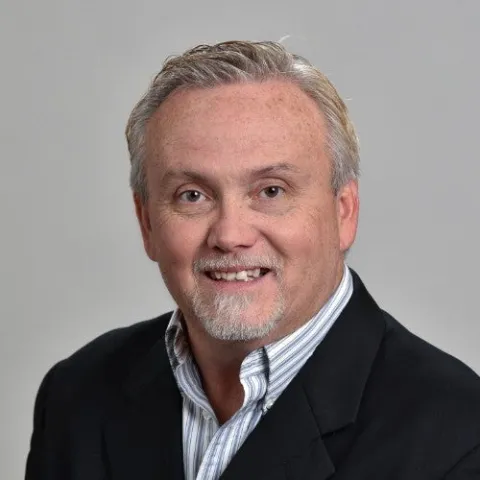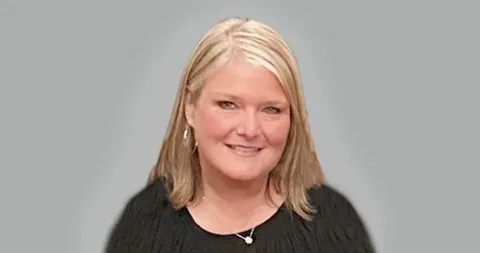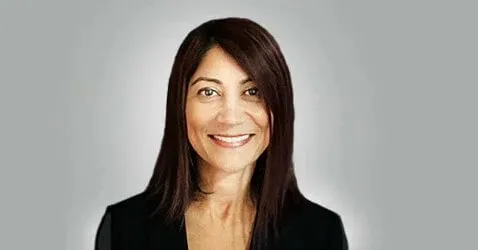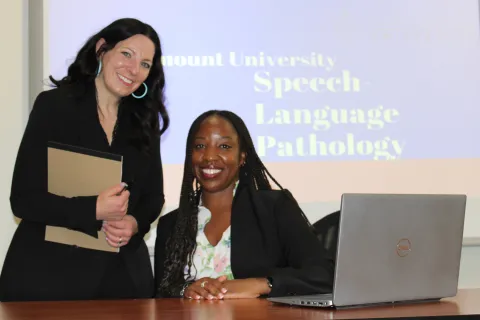Marymount University Online
Graduate Degree Programs
Marymount emphasizes intellectual curiosity, service to others and a global perspective.
We are a comprehensive Catholic university, guided by the traditions of the Religious of the Sacred Heart of Mary, that will guide your intellectual, ethical and spiritual development. Our online graduate and doctorate degree programs promote career preparation and provide opportunities for personal and professional growth.
We strive to be nationally recognized for innovation and commitment to student success, alumni achievement and faculty and staff excellence. That begins with a student‐centered learning community that values diversity and focuses on the education of the whole person. It begins with you.
Your Questions Answered
Discover how Marymount University can help you to live and learn with purpose. Submit your information to access a comprehensive digital program guide that includes:
Full course descriptions
Admission Requirements
Advisor availability calendar
Marymount University Online Programs
Our online courses are as exceptional as our campus classes. Choose your path below to learn more.

